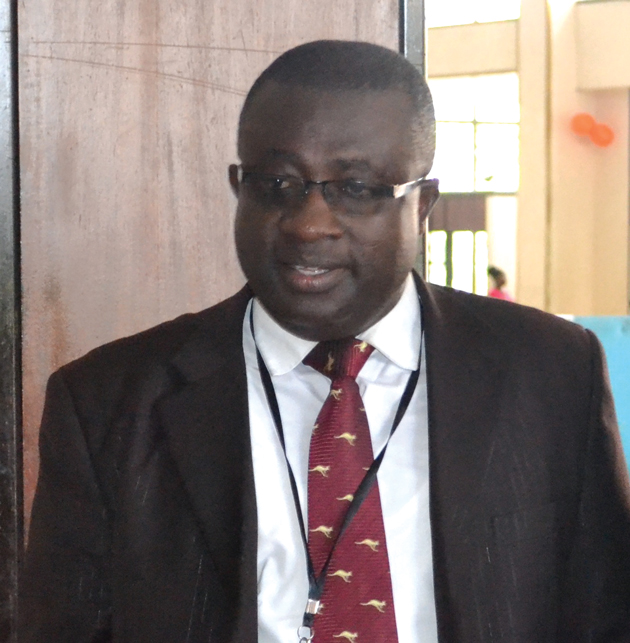Special topics
 The Chief Executive Officer (CEO) of the Ghana Chamber of Mines, Dr Toni Aubynn, has stated that the high levels of underdevelopment in many of Ghana’s mining communities cannot be blamed on mining companies.
The Chief Executive Officer (CEO) of the Ghana Chamber of Mines, Dr Toni Aubynn, has stated that the high levels of underdevelopment in many of Ghana’s mining communities cannot be blamed on mining companies.
Expressing concern over the persistent bashing of mining companies for failing to develop the communities in which they operated, he said the communities should be bold to demand answers from the government, district assemblies and traditional rulers who received royalties from the mining companies.
Speaking during an interaction with the Ashanti Regional press corps in Kumasi last Thursday, Dr Aubynn said no one should think it was the responsibility of mining companies to construct roads or undertake other capital-intensive projects in the communities.
He said notwithstanding the position of the mining companies, they had, over the years, lived up to their social responsibilities by supporting the provision of various development projects and programmes that had contributed to raise the living conditions of the people.
He pointed out that stakeholders in the communities must ensure that the royalties paid were not abused, as they were mostly meant for community development.
The media interaction, which is an annual affair, afforded the Ghana Chamber of Mines the opportunity to explain its activities to the media and open itself up for questioning related to mining in the country.
He said the fact that mining remained the largest fiscal contributor to the economy underlined the importance of the industry in national development.
In 2012, for instance, mining contributed about GH¢1.46 billion to the Ghana Revenue Authority (GRA), representing 27.04 per cent of the GRA’s total direct taxes in that year.
Mining companies also paid GH¢893.77 million in corporate tax to the GRA, representing 36.98 per cent of the total company tax collected in 2012.
The sector voluntarily contributed about GH¢26 million to its host communities and the public.
Dr Aubynn said mining companies returned about US$3.2 billion, representing 73 per cent of their mineral revenue, through the Bank of Ghana and the Commercial Banks in 2012 against statutory requirement of a minimum of 25 per cent.
On employment, he said the companies engaged 21,239 people directly, of which 334, representing two per cent, were expatriates.
He said the unfavourable fiscal environment and declining gold price in Ghana were having a toll on revenues from mining.
For instance, revenue loss in the second quarter of this year stood at $13.2 million.
Dr Aubynn said estimated corporate tax payables to government for 2013 had worsened sharply, as shown by revised self-assessment tax returns.
In some instances, he said, there was a 41 per cent reduction in taxes payable and a 100 per cent reduction in taxes payable.
Source: Daily Graphic
Get the latest news and updates on Ghana’s oil and gas value chain by following us Reporting Oil and Gas on twitter @oilgasghana and like our facebook page and get at us on Google+. Subscribe to our group to get updates.